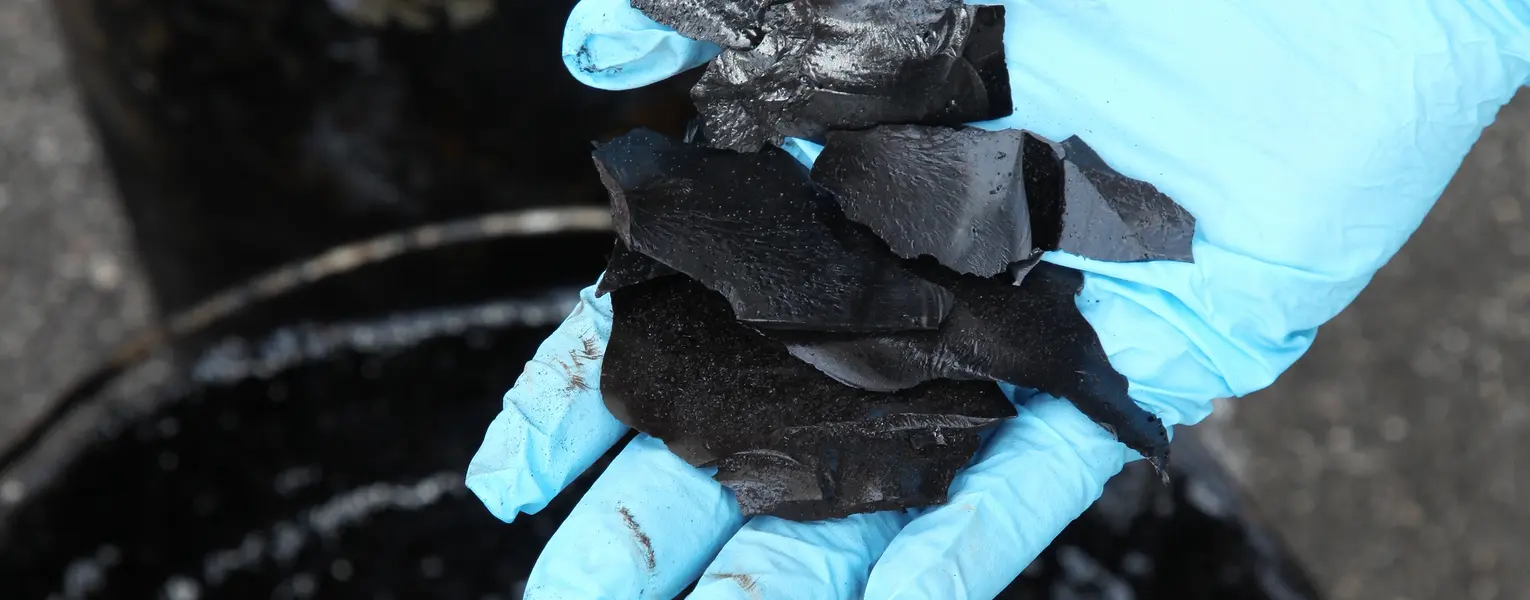We have extensive experience in processing and analyzing heavy oil and residuum, including characterizing feedstocks and products. SwRI’s scientific and analytical staff has significant knowledge across a full range of both organic and inorganic analytical services for petroleum-based and aqueous samples. These services include standard and nonstandard American Society for Testing and Materials (ASTM) procedures and custom method development.
SwRI’s facilities are equipped with a variety of processing units available for our clients’ testing needs from laboratory-scale to pilot-plant testing. Existing equipment can be modified to meet clients’ specific needs.
Capabilities
- Processing of unconventional feedstocks such as heavy oil, shale, biocrude, and residuum (upstream, midstream, and downstream)
- Circulating fluidized bed with feed rates from <1–200 mL/min
- Delayed coking with reactor volume up to 2 L and temperature up to 1100°F (~600°C)
- Visbreaking (up to 2 L capacity)
- Slurry reactor (up to 2 L capacity)
- High-temperature flow loop for thermal fouling testing with residuum or high-viscosity fluids
- Laboratory-scale hydrocracker/hydrotreater: 100-200 mL catalyst capacity fixed-bed reactors
- Liquid flow rates from 0.1–8 mL/min
- Hydrogen flow rates from 0.1–5 SCFH
- Pilot-scale hydrocracker/hydrotreater: 3 fixed-bed reactors: 1.5 L, 3.5 L, and 4.0 L catalyst capacity (may be operated together in series for higher throughput)
- Liquid flow rates from 0.2–5 gal/hr
- Hydrogen flow rates from 20–250 SCFH
- Continuous and batch distillation columns that can fractionate up to 1000°F (~550°C) and 5–55 gal/day
- Heavy oil upgrading





